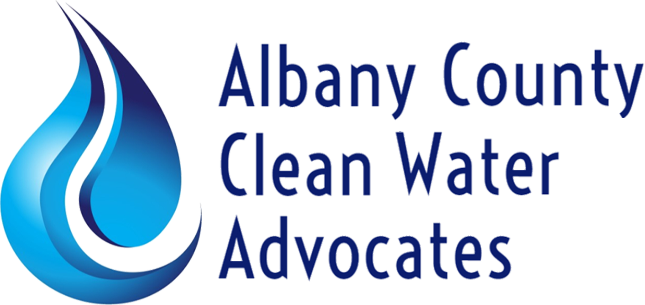Restoration of Stronger Groundwater Protections
In November 2021, Albany County Commissioners Pete Gosar and Sue Ibarra approved regulations providing stronger protections for the Aquifer Protection Overlay Zone (APOZ). This area lies immediately east of Laramie and rises to the crest of the Laramie Range, and encompasses the recharge zone for the Casper Aquifer.
Groundwater from the Casper Aquifer provides half of the water for the Laramie municipal system, including the South of Laramie Water and Sewer District, and more in dry years when the Laramie River is low.
These stronger regulations were challenged in district court, and in November 2022, the judge invalidated the regulations on procedural grounds, saying they were not adopted properly. Although the decision raised more questions than answers, the Albany County Planning and Zoning Commission and the Albany County Commissioners decided to take the quickest path to restoration of the stronger regulations and follow the court-directed procedure.
The Planning and Zoning Commission certified the November 2021 regulations to the Albany County Commission, which initiated a public comment period that ended with a public hearing on February 21, 2023. ACCWA’s comments for the public hearing can be found here and the new regulations can be found here.
Albany County Commissioners Pete Gosar and Sue Ibarra voted to approve the new regulations, with Commissioner Terri Jones voting against. This vote restored the November 2021 regulations, with the exception of the designation of the western boundary of the APOZ. Per the judge’s decision in the court case, this issue will be dealt with separately following the update of the Casper Aquifer Protection Plan (see below).
Updating the Casper Aquifer Protection Plan
On a separate track from the above, the City of Laramie and Albany County jointly hired a consultant to update the Casper Aquifer Protection Plan (CAPP) and re-unify it as a city/county document (it started out that way, and then the two entities went their separate ways in 2008).
Following the plan update, both the City and County will be updating their regulations – as embodied in city ordinance and county resolution – to follow the recommendations of the updated CAPP.
Albany County has enacted a freeze/moratorium on new subdivisions or zoning changes within the APOZ until this process is complete.
Why Not Wait and Make All the Changes at Once?
While it is anticipated that the CAPP update process will be completed within the next few months, public comment periods take final regulatory changes out even further, close to the end of the year. And although the County has enacted a freeze on development, further legal challenges may arise. If more subdivision applications are made, there is the potential for additional dense small-lot development within the APOZ, with consequent contamination of the aquifer.
The November 2021 regulations, besides being much better written, contain two important provisions: (1) a minimum lot size of 35 acres (one dwelling allowed on existing smaller parcels) to prevent denser small-lot development with septic systems; and (2) a prohibition on expansion of nonconforming uses (businesses involving the use of hazardous materials).
